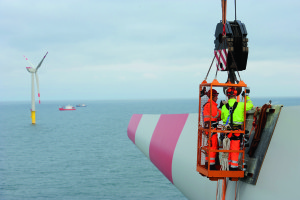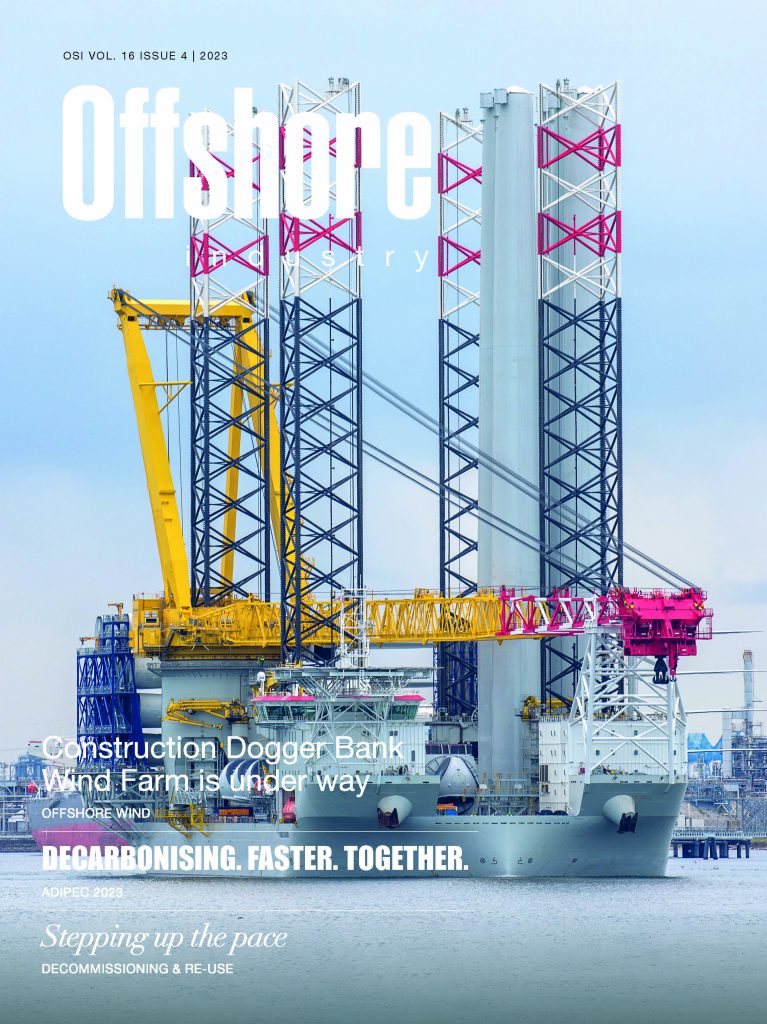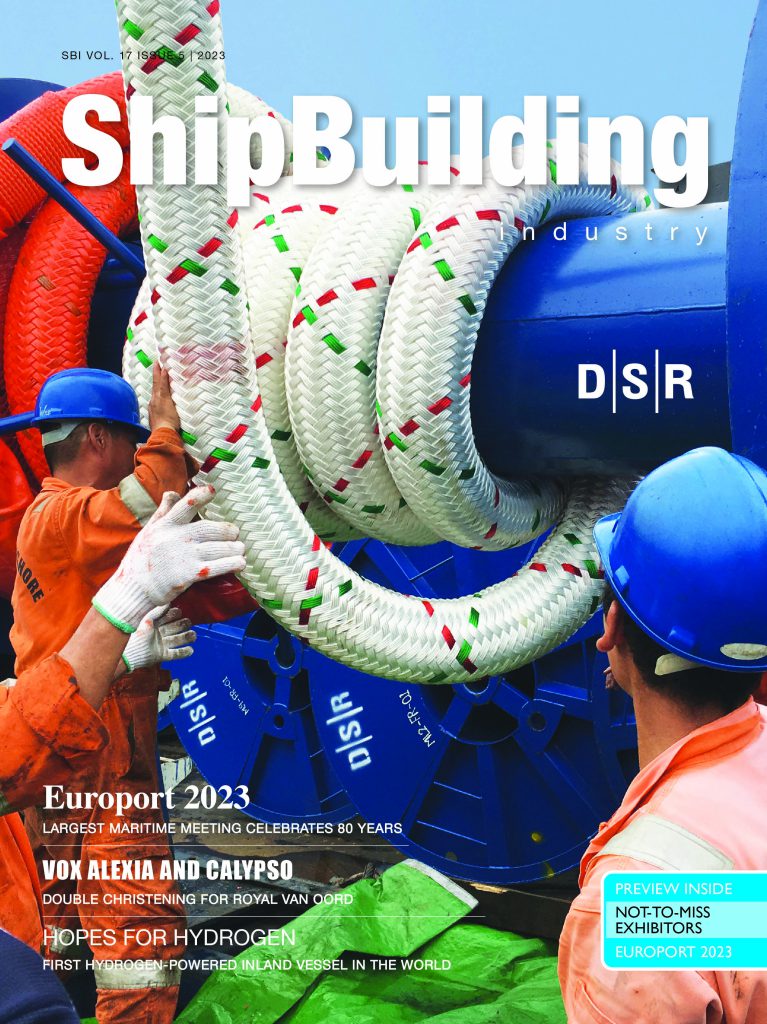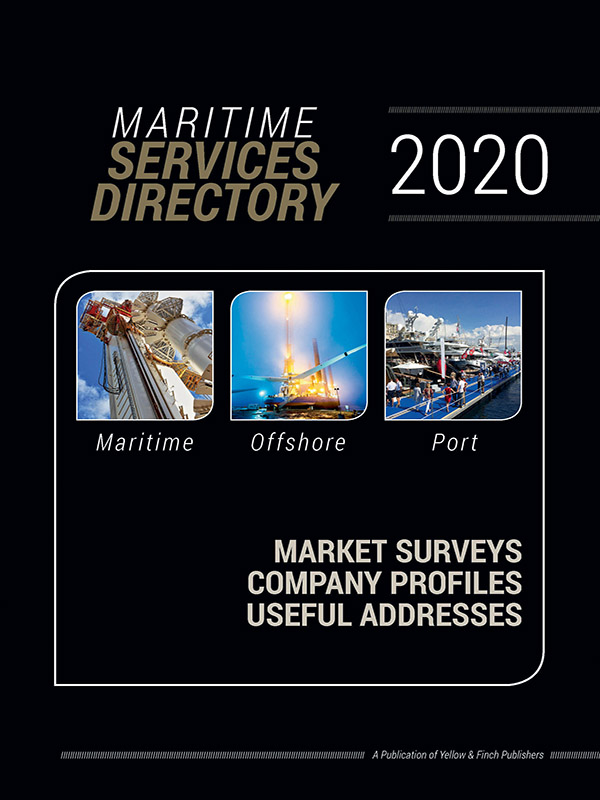A Company Crisis, That Doesn’t Happen To Us!!
 Deep inside, everybody knows that this is unfortunately not always true. There are companies that get hit. Every year, time and again. Company premises do go up in flames, accidents with company vehicles do happen, and there are former employees who left the company involuntarily, leaving access codes unblocked.
Deep inside, everybody knows that this is unfortunately not always true. There are companies that get hit. Every year, time and again. Company premises do go up in flames, accidents with company vehicles do happen, and there are former employees who left the company involuntarily, leaving access codes unblocked.
Can this happen in the offshore industry too? What would happen to the company imago if a worker falls overboard during a crew transfer executed in marginal weather conditions, and in the aftermath it transpires that the captain did not have the right certificates? Although years of successful business can leave a company with the illusion of invincibility, it is clear that no company can be complacent. The problem with crises is that they occur so unexpectedly. Is it possible to be prepared?
A company knows:
- where its assets are, and in which environment they operate
- who its suppliers and customers are
- what its corporate risks are; companies have their respective risk assessments in our files
- what its strong aspects are but also where it is vulnerable
- that many of its co-workers and competitors are active on social media
- which players in the supply chain it depends on and who depends on the company itself.
In reality, every company knows exactly what can go wrong. Building an offshore windpark, a company knows the location, who the contractors are and what the major risks of installing monopiles are. Also known is who may suffer from an incident, where it could take place and who is likely to find out. The only thing unknown is when it is going to happen. If a major heavy lift incident with multiple casualties and damage to vital assets happens during the installation of a monopile, a company can hardly say it was not prepared for that to happen.
That’s where the problem lies: as soon as a crisis becomes manifest, a company needs to act immediately, going into mitigation mode right away. Everyone starts to act instantaneously. Within hours, the entire company is involved in managing the crisis and everyone is working with their respective departments to secure the future of the company. Within those same hours, the company has changed from a winning team to a loose collection of individuals who are all pulling together with the highest priority being getting the stranded vehicle moving again. Everybody pulls as hard as they can, but the vehicle remains where it is: stranded. Slowly but surely, the vehicle sinks further into the quicksand called ‘crisis’. On top of it all, stakeholders have found out about the situation while the company is still working on its first press release. Despite all the knowledge and experience it has available, a company often appears not to be able to go through a crisis. Why? Managing a crisis is by definition multi-disciplinary and line management is no longer suitable to solve the problems. A crisis does not stick to carefully-described company procedures. Managing a company no longer works as it did yesterday.
Crises are by far not as specific as often thought. In general, the same things happen in every crisis, and every crisis follows the same phases. If they realise this and know what kind of crisis is going to hit at some point in the future, a company can prepare for it. A crisis team can be prepared in terms of organisation, logistics, responsibilities and routine. Preparing for a crisis is neither difficult nor expensive. Not being prepared, is ultimately both.
Falck Safety Services helps companies to prepare for crises. With interactive management games, different roles and responsibilities during a crisis are practiced. Leading a crisis meeting and conducting briefings with key players are part of interactive cases. Participants learn how to make stakeholder and threat analyses and create a crisis communication plan. The achieved learning objectives can be put to practice in realistic scenarios. After a crisis management training, participants know what to expect during a crisis and what is expected of them when the “unthinkable” happens.






